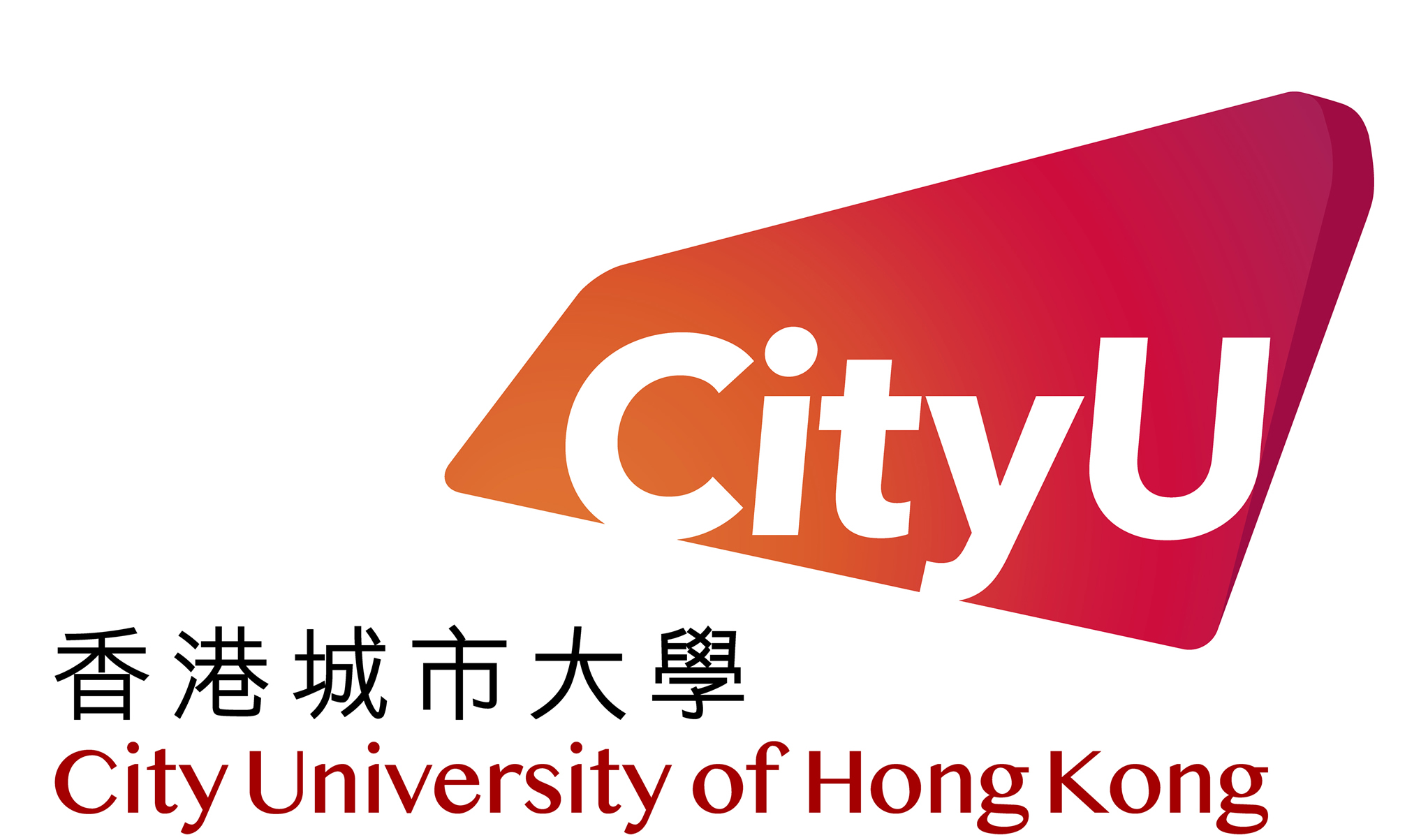HKIAS News
Are we ready for 6G?
25 April 2022
Wrapping up the HKIAS Distinguished Lecture Series on Electronics and Photonics was Professor Chi Hou Chan, the Chair Professor of the Department of Electrical Engineering (EE) at the City University of Hong Kong (CityU). He delivered the last online talk of the Series titled "Are we ready for 6G" on 22 April 2022. Over 500 scholars, scientists in THz research, and students joined the virtual event.
While the frequency spectrum allocated to the 5th generation (5G) wireless communications have not been fully utilized, research groups worldwide are already juggling their positions for 6G, in which frequencies 100 GHz to 3 THz are promising. Imaging, sensing, and spectroscopy will also be essential applications in 6G.
In the talk, Professor Chi Hou Chan summarised his THz research on antennas, integrated circuits (ICs), and imaging in the past ¬five years, supported by a Theme-Based Research Scheme funded by the Hong Kong Research Grants Council. In addition, he discussed how system-level research could lead to new ideas and directions, setting the stage for the 6G era.
Professor Kwai Man Luk, Chair Professor of the EE, working closely with Professor Chan on the antennas project at the State Key Laboratory of Terahertz and Millimeter Waves, was the moderator.
Professor Chan joined CityU in 1998; currently, he is the Director of the SKLTMW. Besides working in computational electromagnetics for 30 years, he has extended his research interest to antennas, microwave and millimetre-wave components and systems, and more recently to terahertz science and engineering.
Elected a Fellow of IEEE in 2002, Professor Chan received the IEEE Antennas and Propagation Society Harrington-Mittra Computational Electromagnetics Award in 2019. He also received the 2019 Distinguished Alumni Award from the Electrical and Computer Engineering Department at the University of Illinois at Urbana-Champaign.
This lecture is supported in part by the Kwang Hua Educational Foundation.
More information about the lecture, please click here
[ Back ]





